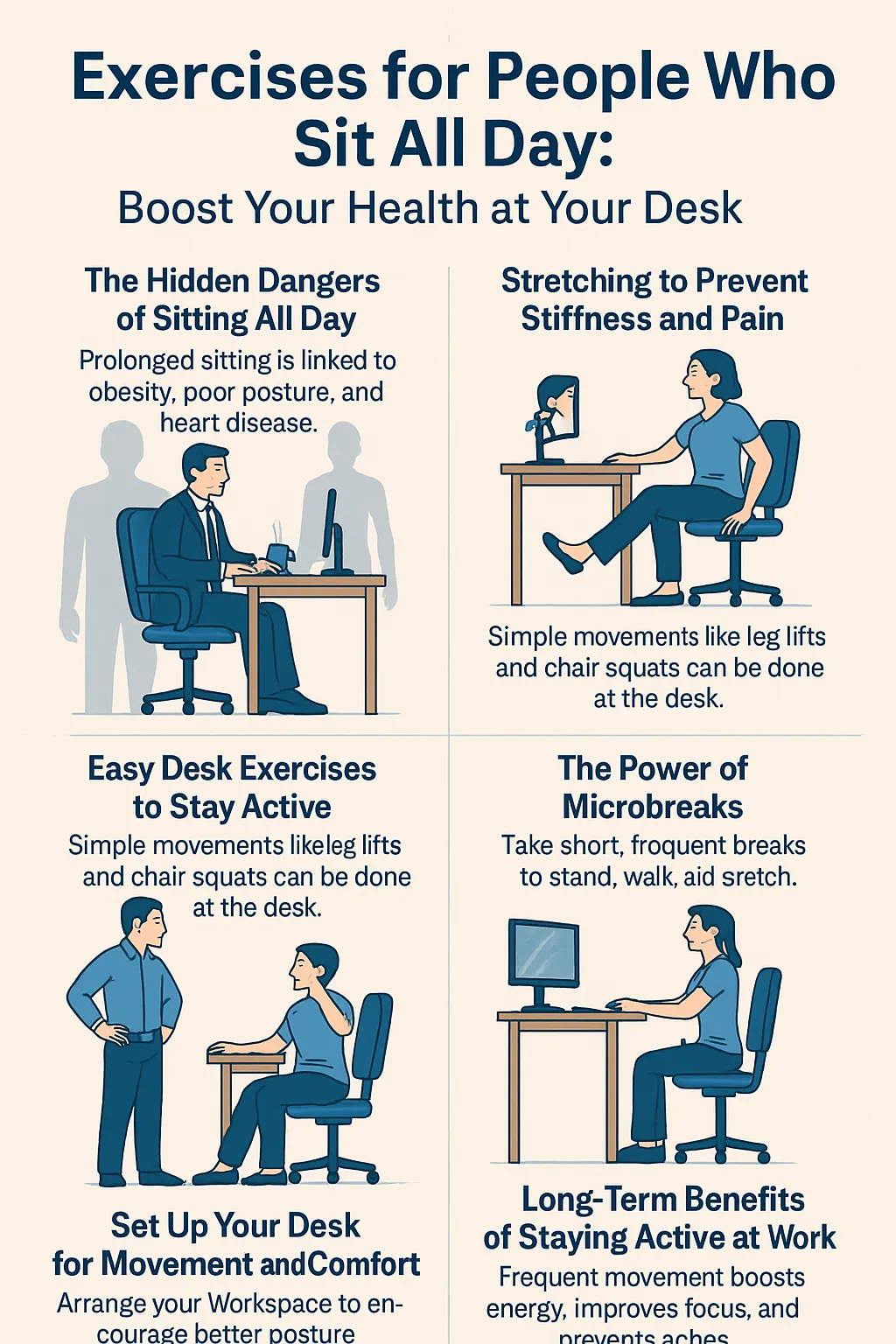
We all know that a good night’s sleep leaves us feeling refreshed and alert. But did you know that sleep is one of the most important factors for a strong immune system? Mounting scientific evidence reveals that sleep is not just about rest—it’s deeply connected to how well your body fights off viruses, bacteria, and even chronic disease.
In this article, we’ll explore the vital connection between sleep and immunity, and how you can improve both through healthy sleep habits.
When you sleep, your body doesn’t shut down—it shifts into a state of active immune support. During deep stages of sleep, your immune system:
Chronic sleep deprivation can suppress immune response, leaving you more vulnerable to colds, flu, and other infections.
Research shows that just one night of poor sleep can impair immune function. Long-term sleep deprivation is linked to:
A 2023 study found that adults who sleep fewer than 6 hours per night are more than four times as likely to catch a cold compared to those who sleep at least 7 hours.
Sleep is essential when you’re already sick. During infection recovery, your body uses sleep to:
Quality sleep can shorten the duration of illness and reduce the intensity of symptoms. It’s why “rest and fluids” is still one of the best remedies prescribed by doctors.
The Centers for Disease Control and Prevention (CDC) recommends:
Quality matters just as much as quantity. Interrupted or shallow sleep can negatively impact immunity, even if total sleep time seems adequate.
Create a consistent sleep schedule, even on weekends, to optimize your body’s immune rhythm.
To enhance your immune system through sleep, follow these proven tips:
Good sleep hygiene can help reduce stress and inflammation—both of which impact your immune response.
Chronic stress and poor sleep often go hand in hand, forming a cycle that weakens your immune function. When stress increases, your body releases cortisol, which can:
Conversely, better sleep helps regulate cortisol levels, improving resilience to both emotional stress and illness.
Support your sleep and immunity by practicing mindfulness, exercise, and healthy nutrition during the day.
The science is clear: sleep is one of the most powerful tools for a healthy immune system. Whether you’re trying to avoid seasonal illness, recover faster from a virus, or just feel more energized—getting better sleep is the place to start.
By understanding how sleep and the immune system are connected, you can make smarter choices about your bedtime habits—and wake up feeling stronger every day.